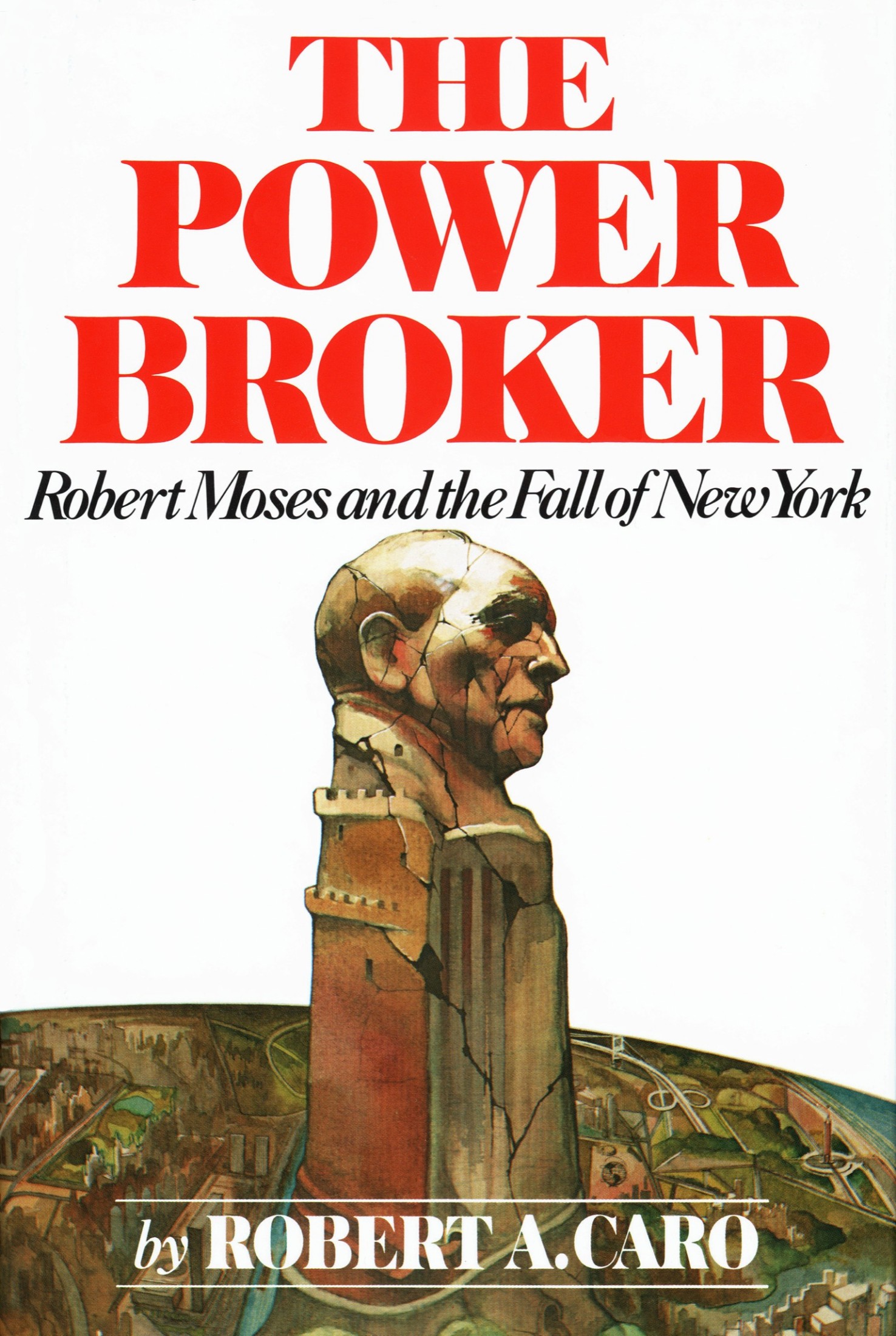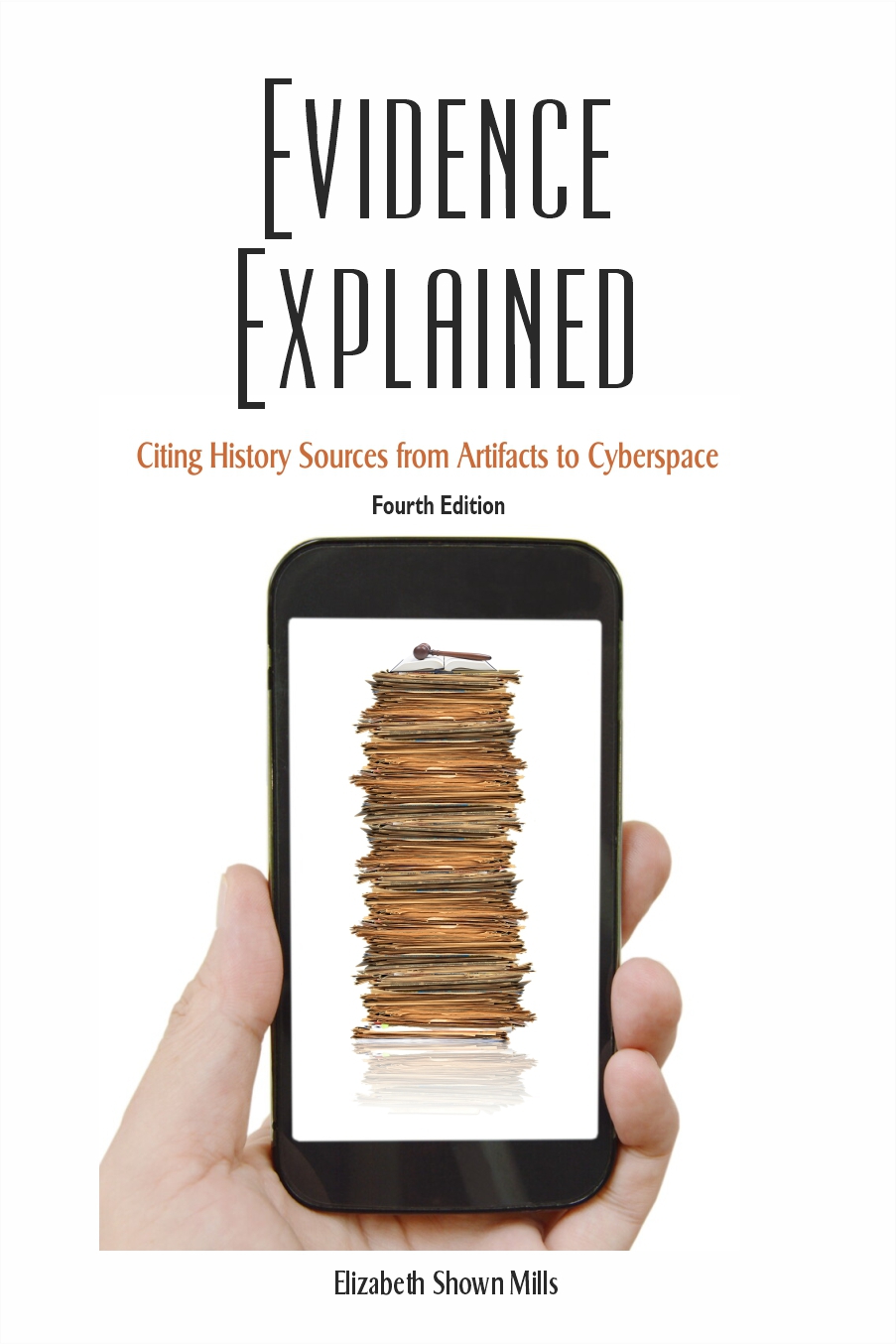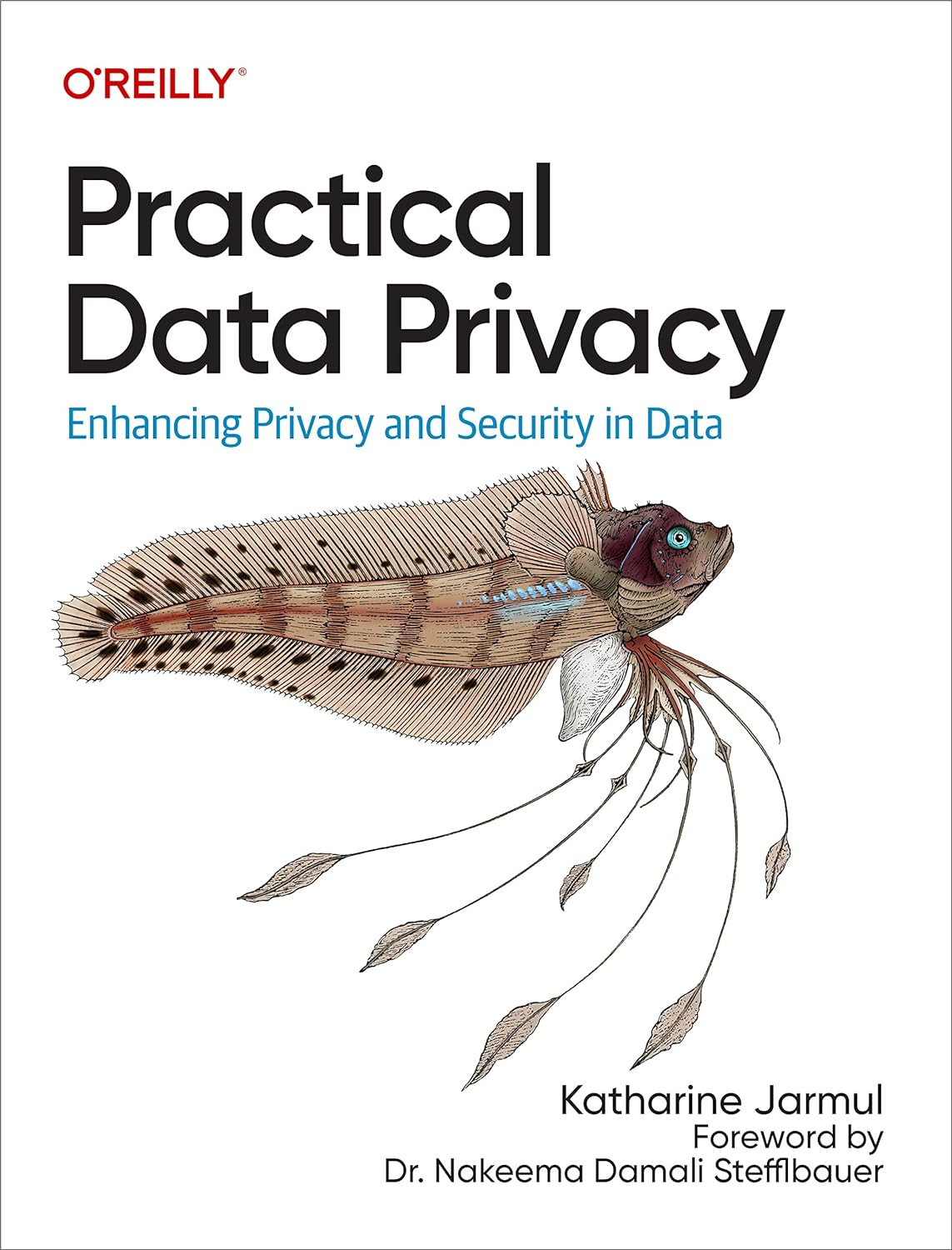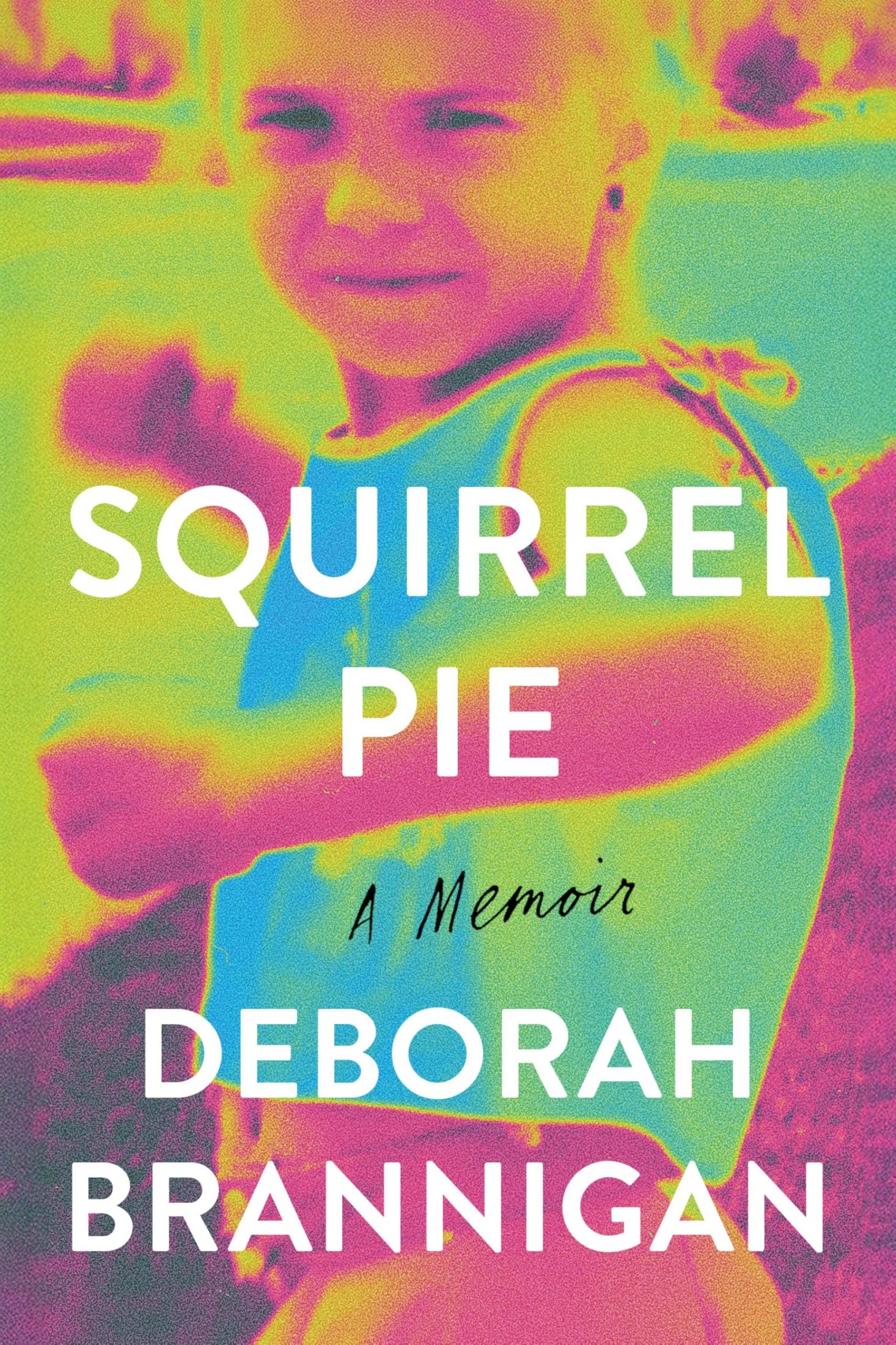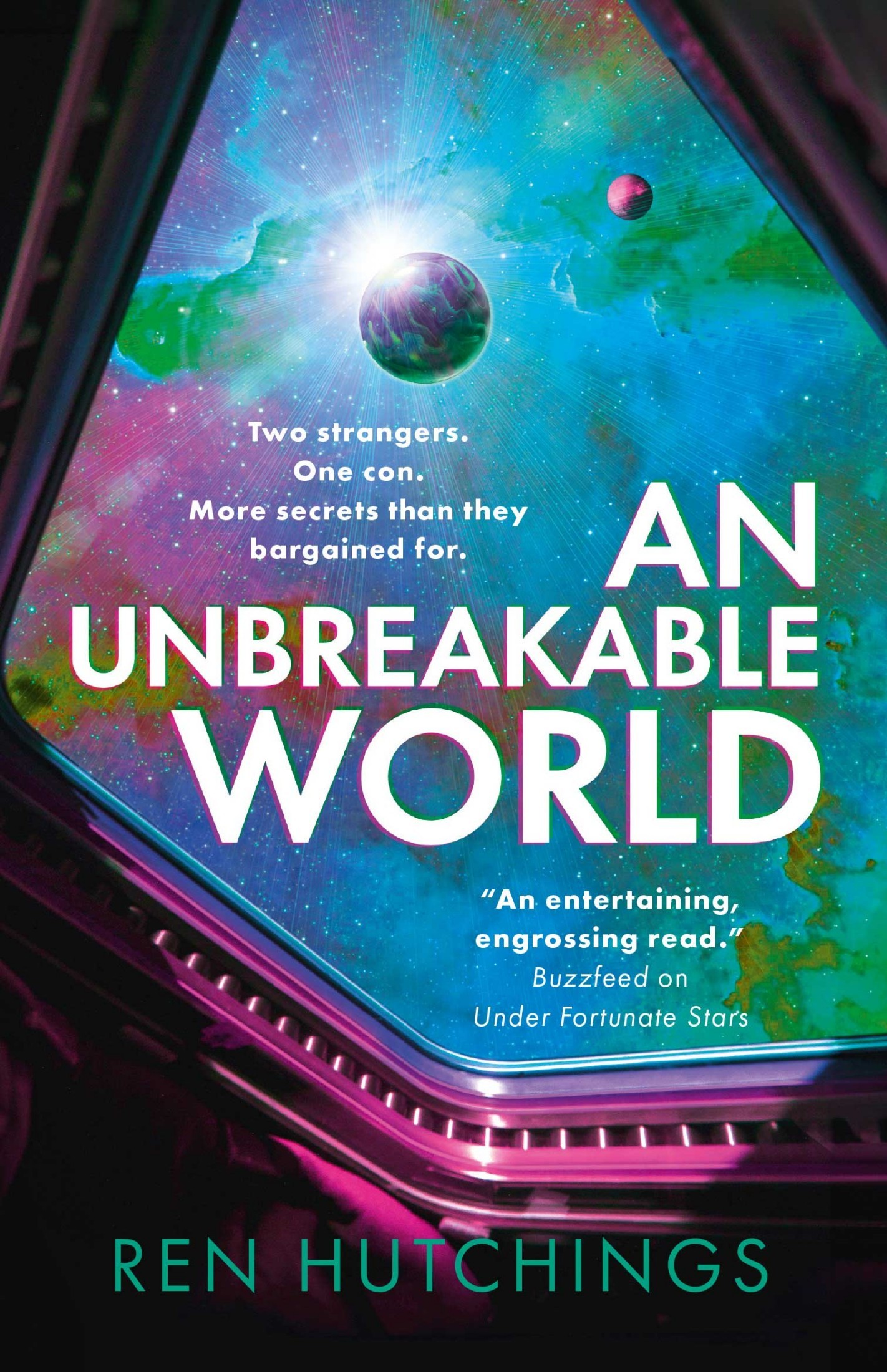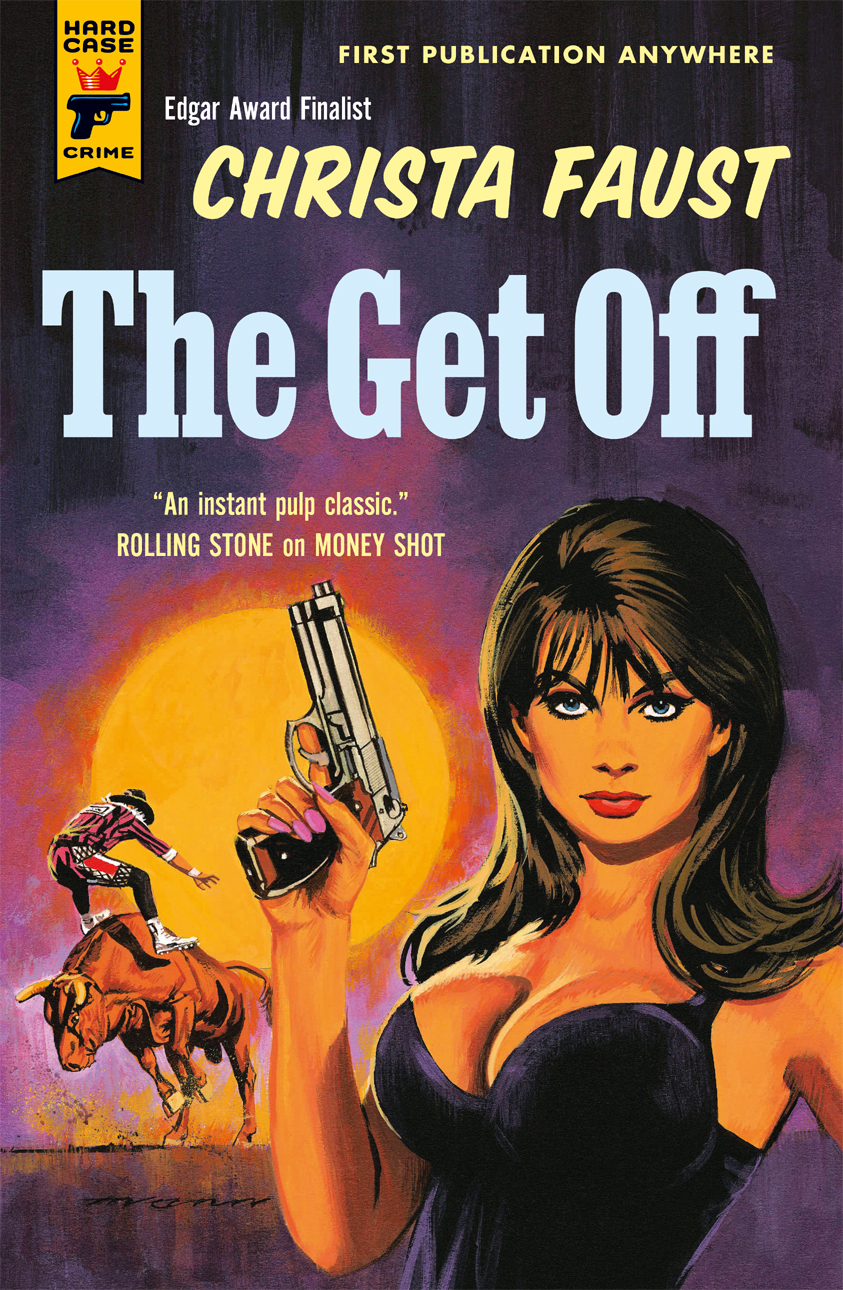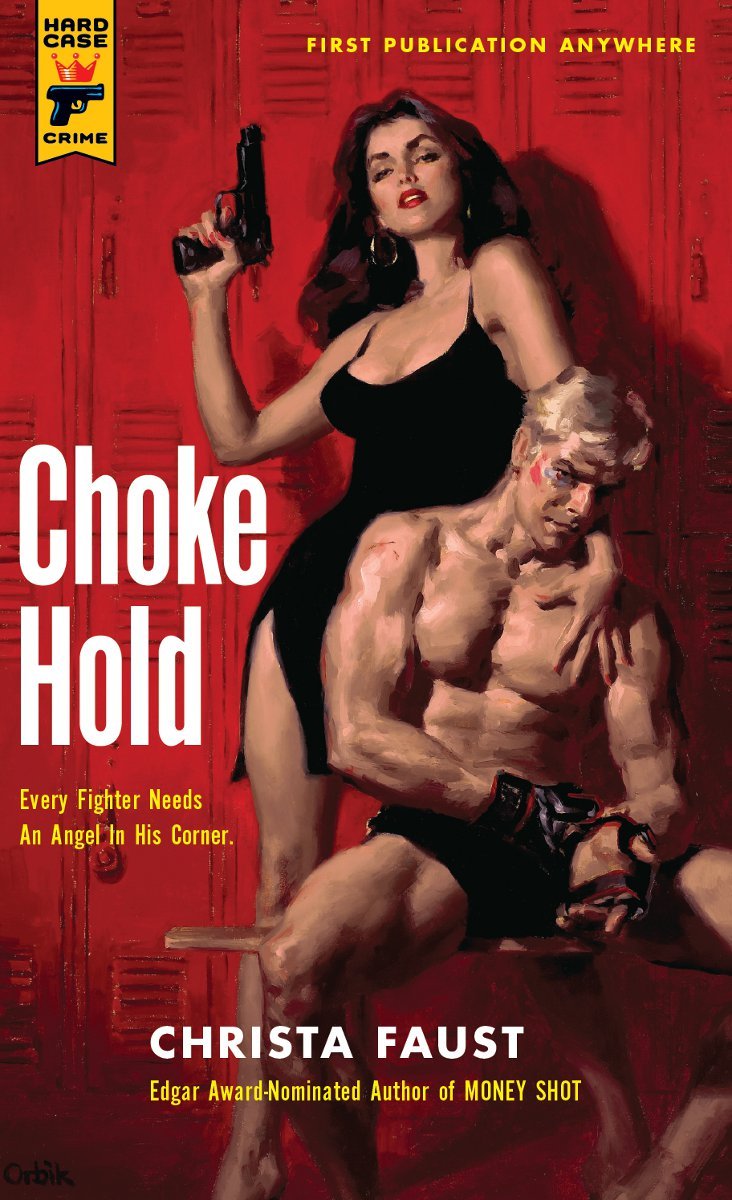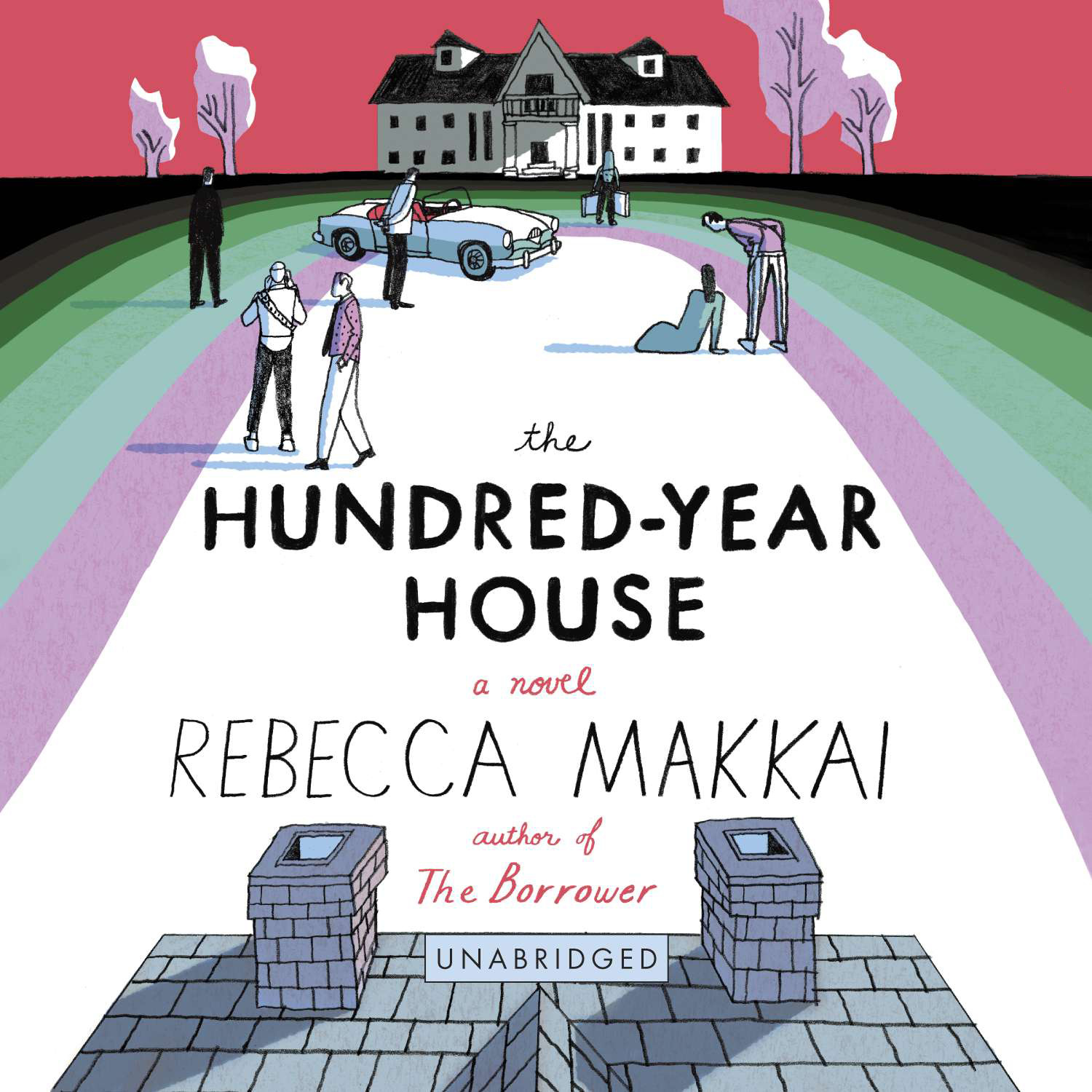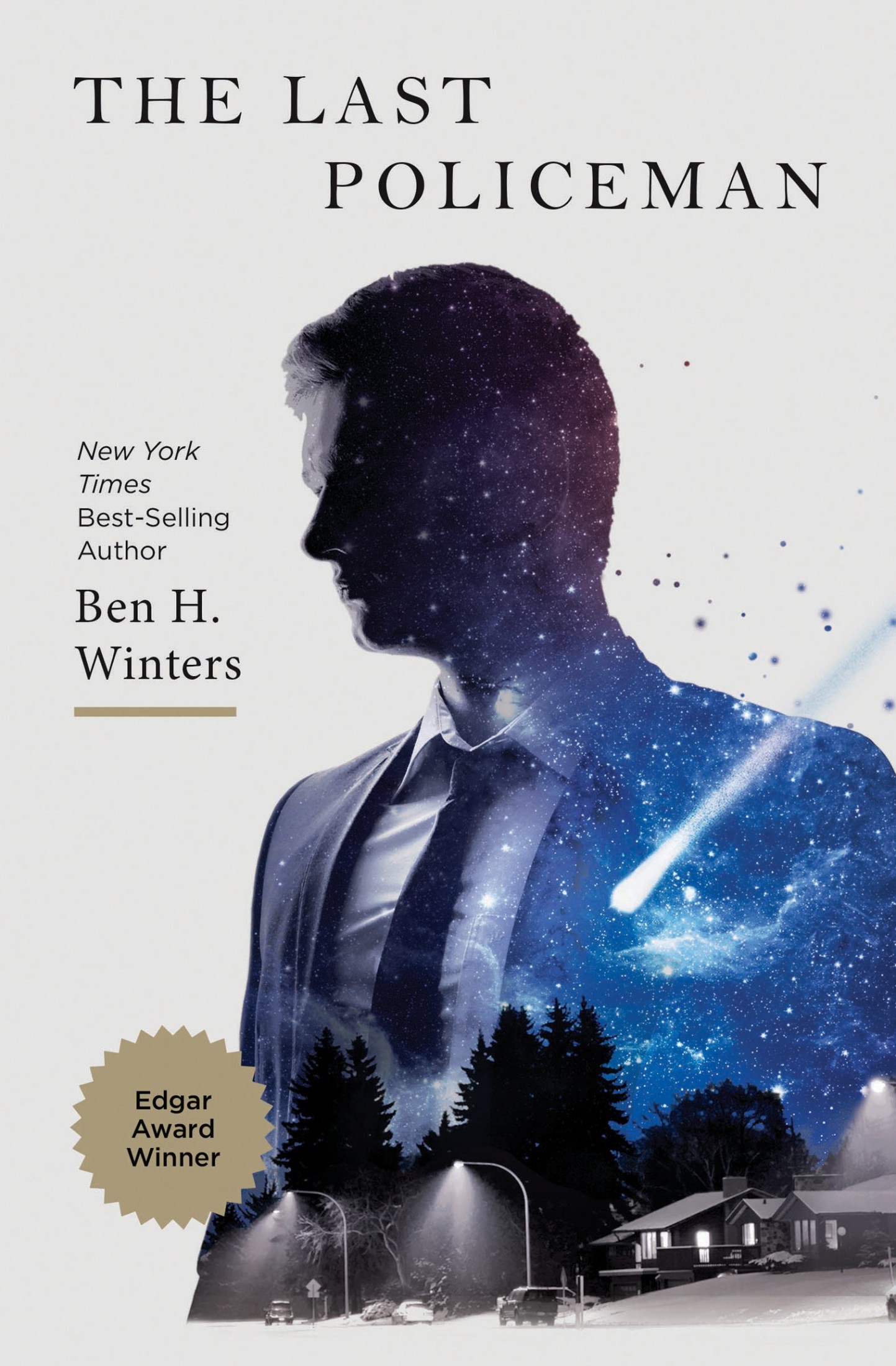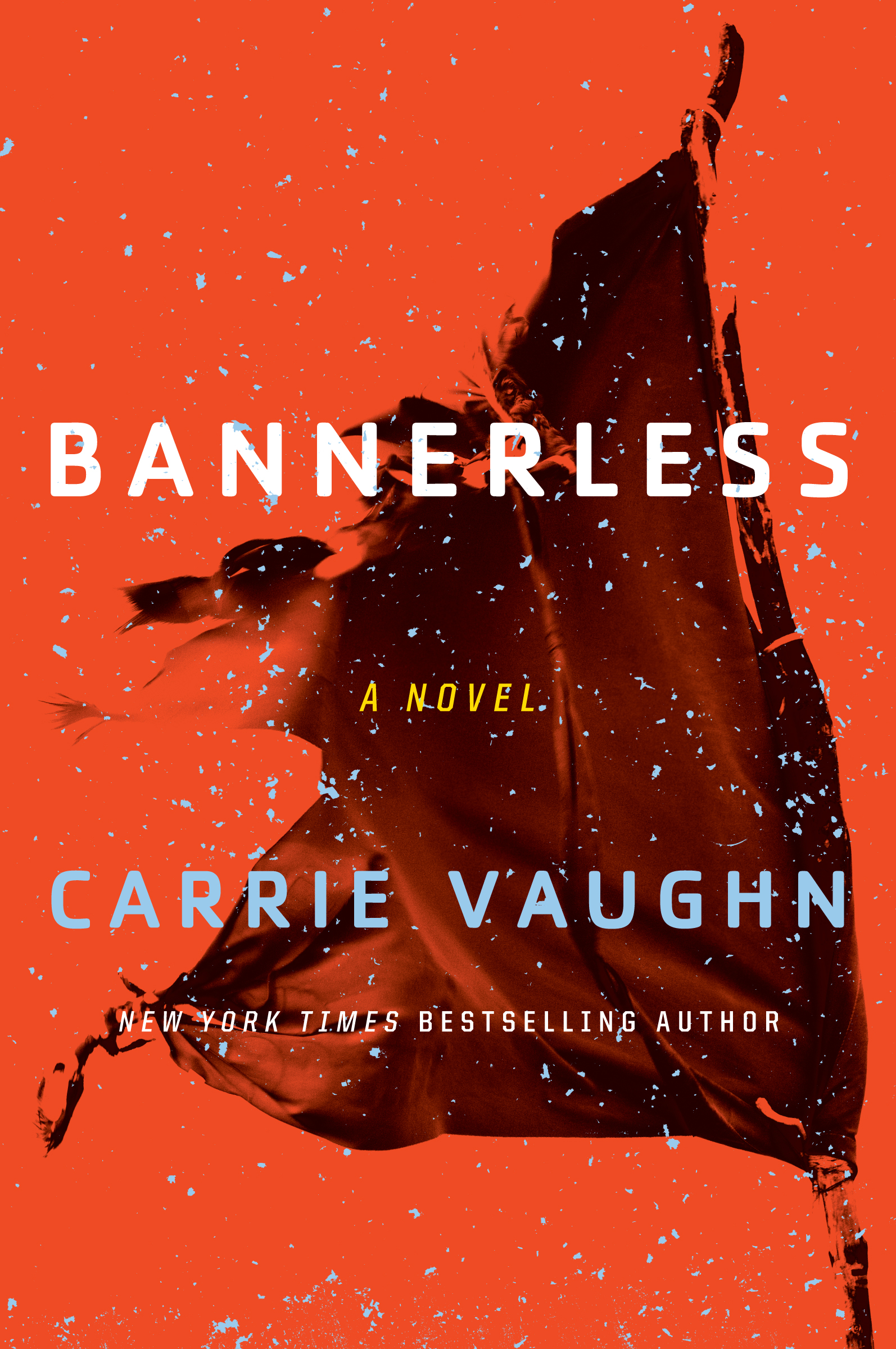Phil in SF reviewed The Get Off by Christa Faust (Angel Dare, #3)
Little agency
2 stars
I previously quoted a passage in the book where Angel Dare wonders how she became a sniveling problem. It appeared at the time that Faust had a redemption arc in mind, but the high point of the book is the first chapter where she's about to culminate her revenge by murdering Vukasin (big baddy from previous two books). Someone else gets to him just before she does, and in the melee she shoots and kills a cop.
For the rest of the book, Angel is on the run from the cops, the cop ex-husband of the dead cop in particular. The story hands her off from protector to protector, each of whom gets written out of the story with no real continuity from each to the next. Not just discontinuity between characters, but between each story segment too. Sometimes we aren't even told how they get from segment to segment. …
I previously quoted a passage in the book where Angel Dare wonders how she became a sniveling problem. It appeared at the time that Faust had a redemption arc in mind, but the high point of the book is the first chapter where she's about to culminate her revenge by murdering Vukasin (big baddy from previous two books). Someone else gets to him just before she does, and in the melee she shoots and kills a cop.
For the rest of the book, Angel is on the run from the cops, the cop ex-husband of the dead cop in particular. The story hands her off from protector to protector, each of whom gets written out of the story with no real continuity from each to the next. Not just discontinuity between characters, but between each story segment too. Sometimes we aren't even told how they get from segment to segment. In the penultimate scene she and an accomplice are chased into the forest or scrub by a cop that appears out of nowhere, and then suddenly we're in the final locale a few states away.
Heel turns out of the blue. Bad guys with little or no character development. Angel on an uncontrollable river raft of a story. Everything about this is lacking. Just read the first two books and pretend the third doesn't exist.
